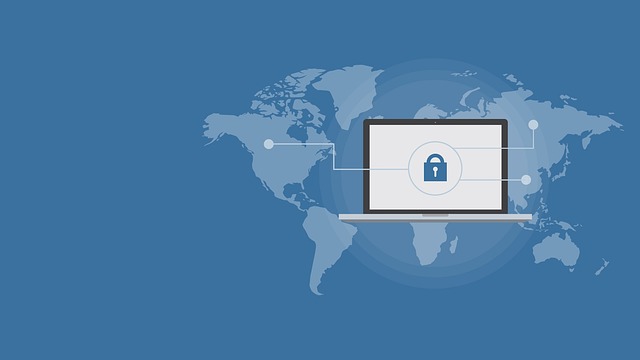VPNs Demystified: The Ultimate Guide to Privacy and Security Online
In today’s interconnected world, privacy and security have become paramount concerns for internet users. Virtual Private Networks (VPNs) are an increasingly popular solution to safeguard personal data and maintain anonymity online. This article will delve into what VPNs are, how they work, their benefits, potential drawbacks, and how to choose the right VPN service.

What is a VPN and how does it work?
A Virtual Private Network (VPN) is a secure connection between your device and the internet. It creates an encrypted tunnel through which your data travels, masking your IP address and location. When you connect to a VPN server, your internet traffic is routed through this server, making it appear as if you’re browsing from that server’s location. This process, known as secure internet tunneling, protects your data from prying eyes and potential cyber threats.
Why is online privacy important in the digital age?
In an era of constant connectivity, our digital footprints are more extensive than ever. Websites, advertisers, and even Internet Service Providers (ISPs) can track our online activities, collecting vast amounts of personal data. This information can be used for targeted advertising, sold to third parties, or potentially accessed by malicious actors. By using a VPN to boost online privacy, you can significantly reduce the amount of data that can be collected about you, protecting your personal information and browsing habits.
What are the key benefits of using a VPN?
VPNs offer numerous advantages beyond basic privacy protection. One of the most significant benefits is the ability to unlock global access to content. By connecting to servers in different countries, you can bypass geo-restrictions and access region-locked websites, streaming services, or applications. Additionally, VPNs provide enhanced security when using public Wi-Fi networks, protect against certain types of cyberattacks, and can even help avoid data throttling by your ISP.
Are there any limitations or drawbacks to using VPNs?
While VPNs offer substantial benefits, they are not without limitations. One potential drawback is a slight reduction in internet speed due to the encryption process and routing through remote servers. Some websites and services may block known VPN IP addresses, making access difficult. Additionally, not all VPNs are created equal – some may log user data or have weak security protocols, potentially compromising your privacy. It’s crucial to choose a reputable VPN provider to mitigate these risks.
How can VPNs help avoid data tracking and enhance security?
VPNs are powerful tools for avoiding data tracking and enhancing online security. By masking your IP address and encrypting your internet traffic, VPNs make it significantly harder for websites, advertisers, and ISPs to track your online activities. This encryption also protects your data from potential eavesdroppers, especially when using public Wi-Fi networks. Some VPNs offer additional features like ad-blocking, malware protection, and kill switches, which further enhance your online security and privacy.
How do you choose the right VPN for your needs?
Selecting the right VPN requires careful consideration of several factors. Look for providers that offer strong encryption protocols, a strict no-logs policy, and a wide selection of server locations. Consider the VPN’s speed and performance, compatibility with your devices, and the number of simultaneous connections allowed. Some VPNs specialize in streaming, while others focus on privacy or security. Evaluate your primary needs – whether it’s accessing global content, enhancing privacy, or securing public Wi-Fi connections – and choose a VPN that aligns with those priorities.
| VPN Provider | Key Features | Monthly Cost (USD) |
|---|---|---|
| ExpressVPN | High-speed servers, 94 countries, Strong encryption | $12.95 |
| NordVPN | Double VPN, Onion over VPN, 59 countries | $11.95 |
| CyberGhost | Specialized streaming servers, 90 countries | $12.99 |
| Surfshark | Unlimited devices, CleanWeb feature, 65 countries | $12.95 |
| Private Internet Access | Large server network, Open-source apps | $9.95 |
Prices, rates, or cost estimates mentioned in this article are based on the latest available information but may change over time. Independent research is advised before making financial decisions.
In conclusion, VPNs are powerful tools for enhancing online privacy and security. They offer a range of benefits, from protecting your personal data to unlocking global content. While they have some limitations, the advantages of using a VPN far outweigh the drawbacks for most users. By understanding how VPNs work and carefully selecting the right provider, you can significantly improve your online privacy and security in today’s digital landscape.




